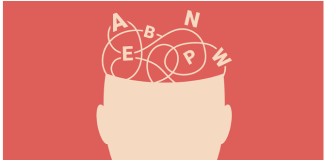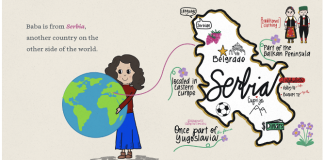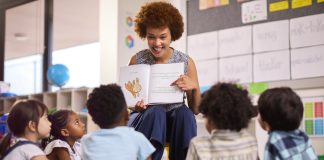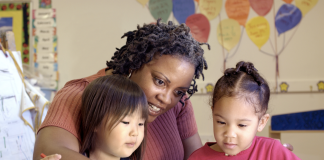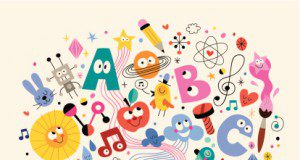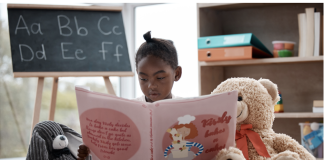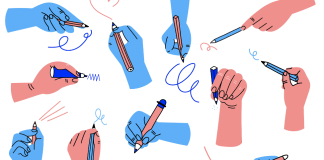Literacy/ESL
Recognizing Language Disorders in Multilingual Children
Communication is a human right, in any and all languages. Children of all backgrounds start communicating from birth, though this communication looks and sounds...
Dyslexia Legislation Only Gets Us So Far
In October, education communities across the country recognized Dyslexia Awareness Month. The National Institute of Health and Yale University found approximately one in five...
No Benefit to Segregating English Learners
Grouping English learners (ELs) together in classrooms has no impact—positive or negative—on reading development for elementary school students, according to a new study by...
Background Knowledge and Where to Get It
Stephen Krashen argues that those who read more know more
Wexler (2023) has pointed out that a reader’s background knowledge is a significant predictor...
The Promise of Automated Writing Evaluation for English Learners
Automated writing evaluation (AWE) encompasses a range of...
GAO Reports on Mitigating Learning Loss for ELs
While the pandemic presented obstacles for many students during the 2020–21 school year, the federal General Accounting Office’s (GAO’s) nationwide survey of public K–12...
Listen to the Bilingual Science!
Two years ago, we (Dual Language Education of...
Positioning Multilingual Learners for Success
When you were a young reader, did you connect with the books you read and...
Clarifying the Science of Reading
For at least a half-century, there has been a great deal of discussion about how children learn to read. While policymakers, curriculum developers, educational...
English Literacy for Multilingual Learners: Voices from the Field
Moving at the Speed of Light
Literacy is at...
Creating a Community of Readers
Ruben Alejandro, superintendent of an economically challenged district,...
Study Shows Brain’s Innate Capacity for Reading
The human brain is predisposed to visualizing words, even before individuals acquire literacy, according to a team of...
The Case for Acquired Phonics
Researchers in second language acquisition have hypothesized that there are two very different ways of gaining knowledge of language: acquisition and learning. Learning results...
Telling Our Own Tales
“When we use story to help students tell their own narratives, literacy roadblocks and anxieties dissolve for even the most hesitant of learners and...
2030 NAEP Writing Assessment Recommendations
To support multilingual learners of English (MLEs),...
A Revised Composing Process
Remember during a test when you were staring at the ceiling in elementary school, and the teacher asked you if the answer was on...
Fostering Language and Literacy Development
Literacy is essential for success in school and in life beyond school. The ability to read and write well provides individuals with untold opportunities...




